Deck & Commander Strategies

Phylath, World Sculptor
Landfall-focused ramp and value, leveraging land drops and sacrifice effects to generate incremental advantage and powerful board presence.
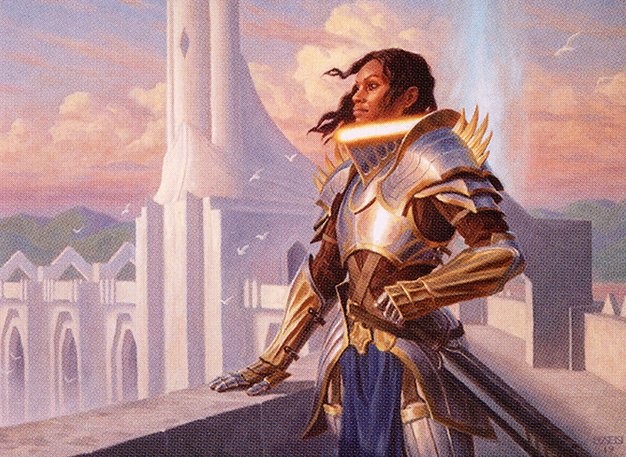
Tazri, Beacon of Unity
A cascade and tribal synergy deck that aims to flood the board with diverse creatures while generating card advantage through cascade spells and tribal triggers.
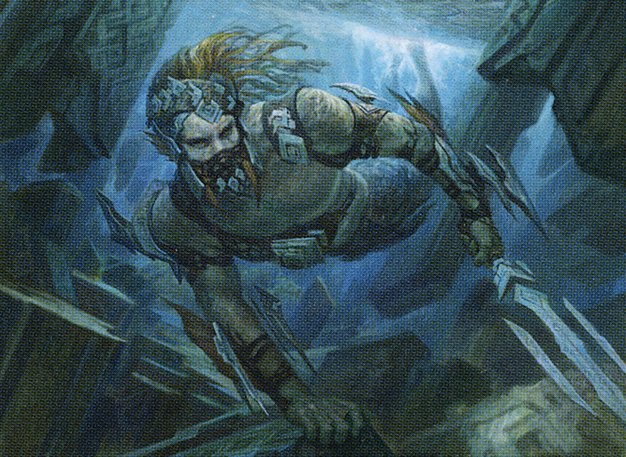
Zareth San, the Trickster
A control and theft-oriented deck that disrupts opponents by stealing permanents and utilizing removal spells to maintain board control and resource denial.
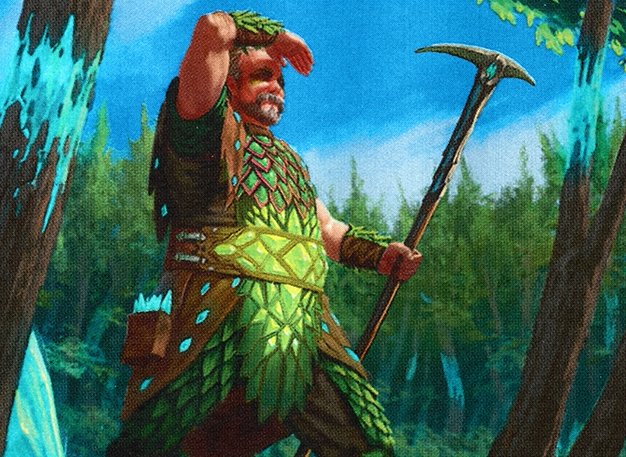

Pako, Arcane Retriever / Haldan, Avid Arcanist
An aggressive combat-focused deck that exploits multiple combat phases and exile triggers to grow Pako into a lethal threat while recovering exiled cards for additional value.
Gameplay Insights
- 1
Pako's ability to exile cards on attack and grow with multiple combat phases allowed aggressive board development but was vulnerable to well-timed board wipes.
- 2
Max's use of Curtain's Call at a reduced cost was a game-changing moment that eliminated key threats before damage was dealt.
- 3
Stealing lands and utility creatures with Zareth disrupted opponents’ ramp and resource access, shifting the tempo in Max's favor.
- 4
Sacrificing creatures to Silvar to gain indestructibility and counters was crucial for Tazri to maintain board presence during combat.
- 5
Nick's timely use of Deflecting Swat to protect Pako from removal spells showcased good interaction timing, preserving offensive momentum.
- 6
Cascade spells and tribal triggers synergized well for Tazri, enabling efficient board development and card draw.
- 7
Phylath’s landfall and ramp package allowed for steady growth and resilience, even under pressure from aggressive decks.
Notable Cards
-

Pako, Arcane Retriever
-
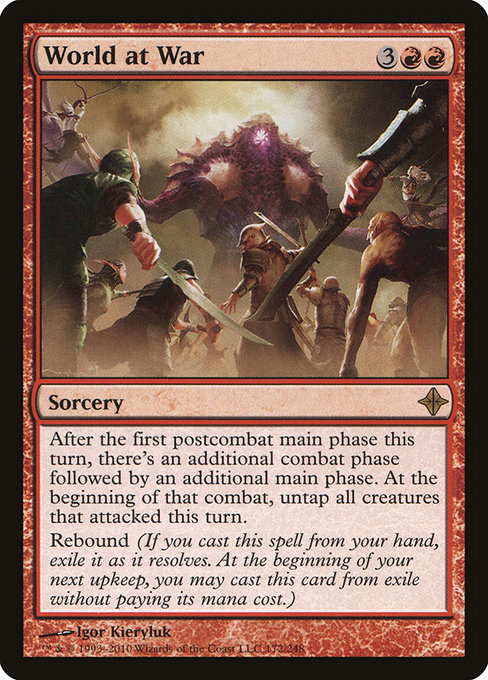
World at War
-
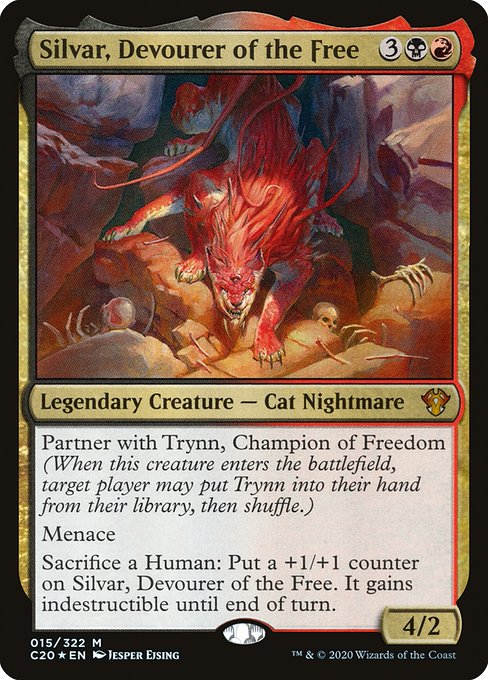
Silvar, Devourer of the Free
-
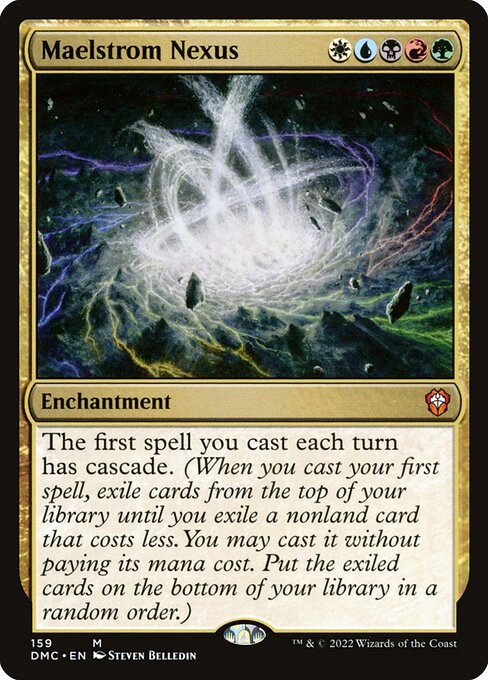
Maelstrom Nexus
-

Evolving Wilds
-
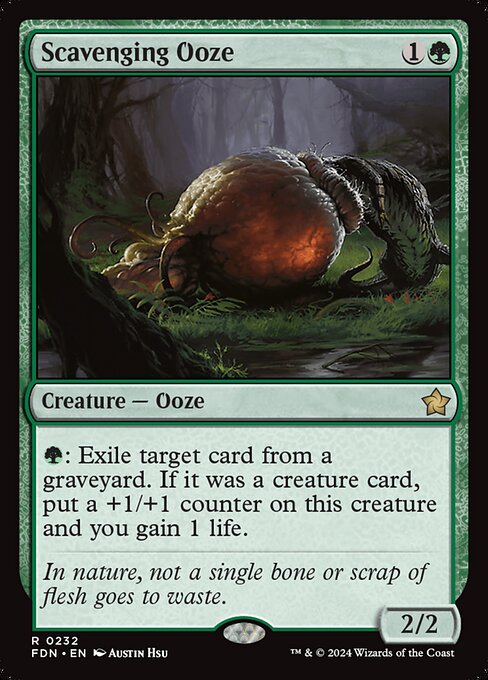
Scavenging Ooze
-
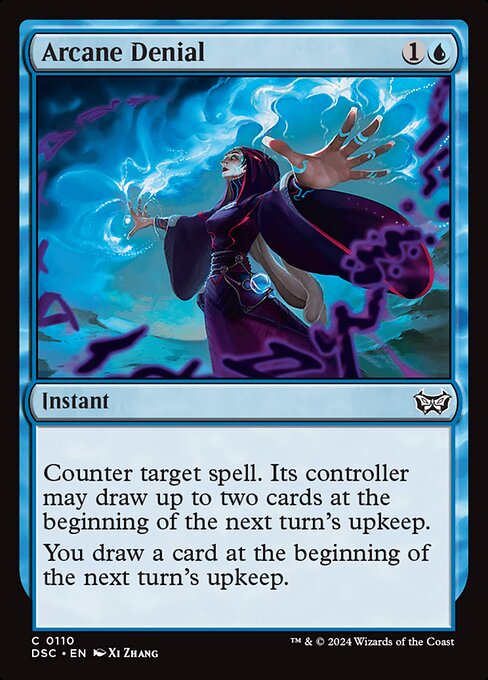
Arcane Denial
-
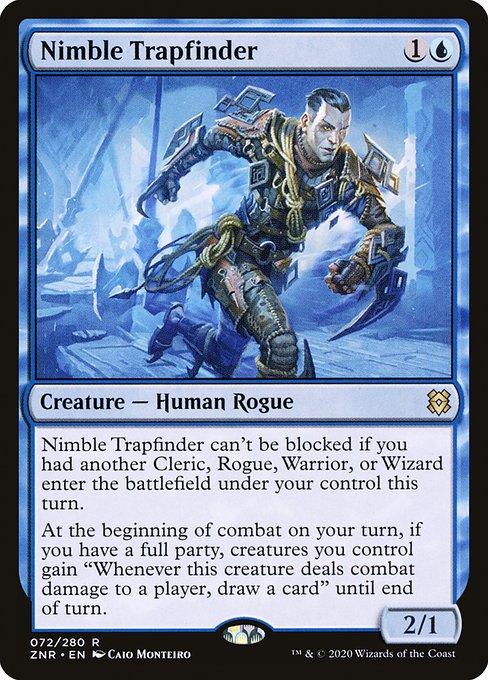
Nimble Trapfinder
Gameplay Summary
The game featured four distinct decks led by Phylath, Tazri, Zareth, and the paired commanders Pako and Haldan.
Early turns saw players establishing ramp and utility lands, with Phylath focusing on landfall synergy, Tazri developing a tribal and cascade-based strategy, Zareth playing a disruptive theft and control game, and Pako aggressively building board presence via exile and combat triggers.
Pako’s dog-themed deck shined with repeated combat phases using World at War and the haste-granting Pako, Arcane Retriever, which exiled cards and grew larger with each attack, applying significant pressure.
However, Max, piloting Zareth, effectively used creature removal like Curtain's Call to neutralize Pako’s threats while simultaneously stealing key lands and permanents to maintain control. Midgame pivoted around combat and board presence, with Martin’s Tazri leveraging cascade spells and tribal synergies, and Max’s Zareth disrupting opponents through targeted removal and stealing their resources.
Nick’s Pako deck repeatedly attempted to close out the game through multiple combat phases and increasing Pako’s power, but was hindered by well-timed wipes and defensive blocks.
The use of key utility creatures and spells such as Silvar, Devourer of the Free, and Maelstrom Nexus allowed Tazri to keep pressure on the table.
Meanwhile, Phylath’s evolving wilds and landfall effects helped stabilize and ramp.
The game’s critical turning points included Max’s effective removal of Pako’s board and strategic theft of lands and creatures, as well as well-calculated blocks and sacrifice plays that curtailed aggressive advances.
The game was a dynamic interplay of aggressive combat, resource theft, and clever use of cascade and landfall mechanics, with each player adjusting their tactics to the shifting board state.


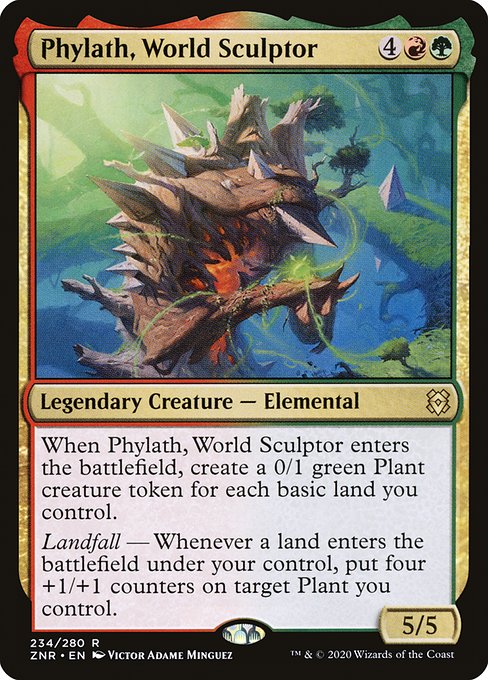

















![Phylath vs Lord Windgrace v Queen Marchesa vs Yuriko [EDH Gameplay] 2020 thumbnail](https://i.ytimg.com/vi/R2rq4ZbY4xQ/sddefault.jpg)
![Atraxa vs Animar vs Akiri vs Phylath [EDH Gameplay] 2020 thumbnail](https://i.ytimg.com/vi/NmsmeZRZM68/sddefault.jpg)
![The Crew Tries cEDH [Commander VS 310] | Magic: the Gathering Commander Gameplay thumbnail](https://i.ytimg.com/vi/MDWsV49RWBg/sddefault.jpg)










